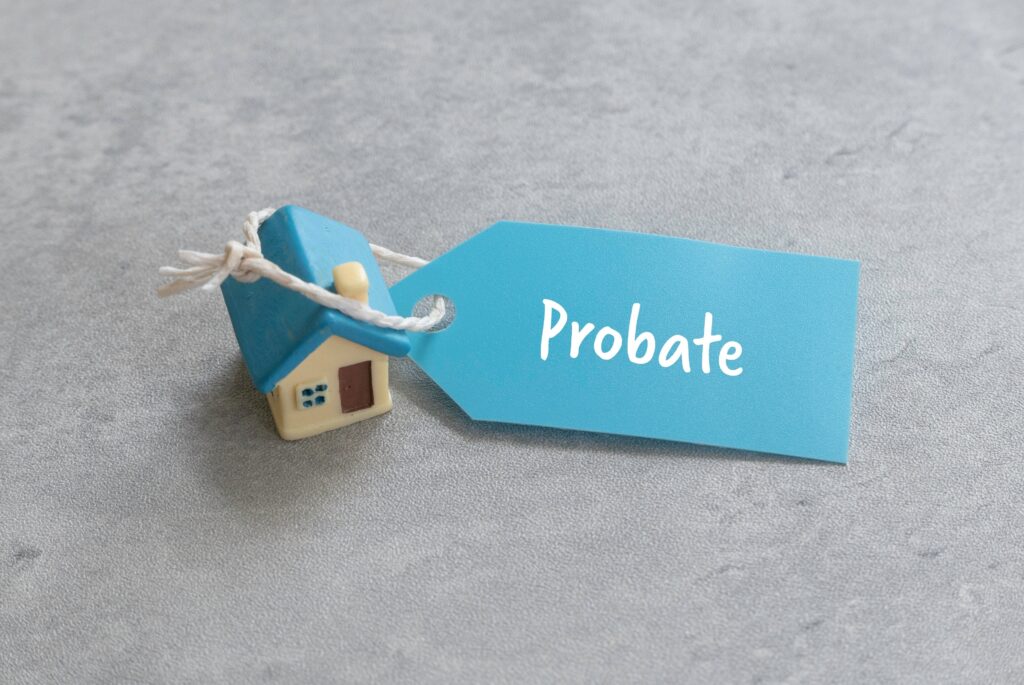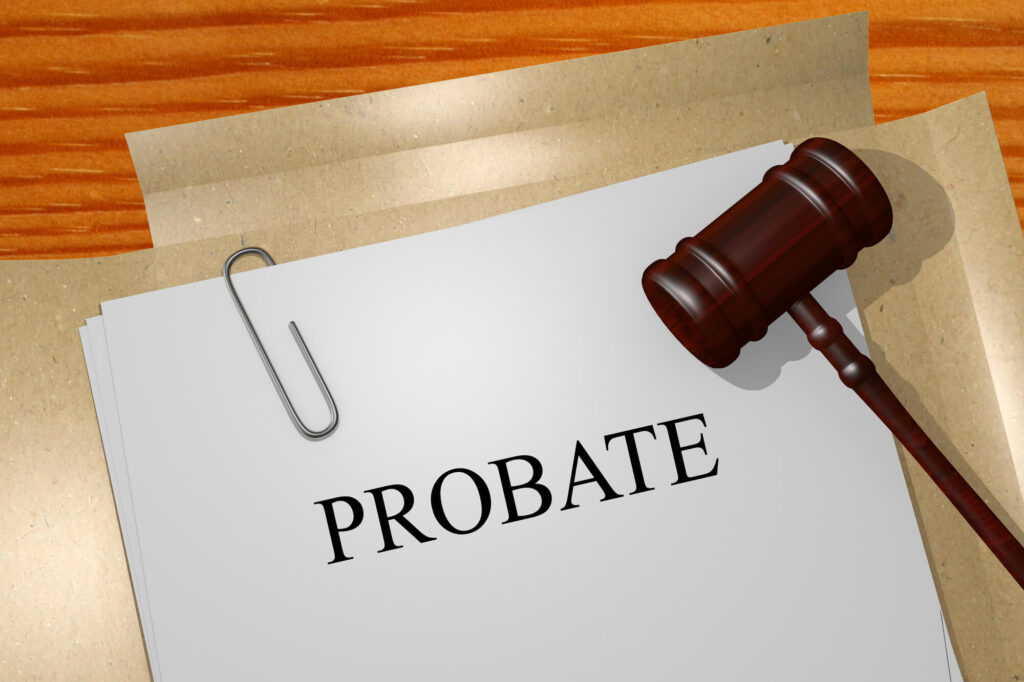When a loved one passes away and leaves behind real estate, managing the probate process can feel daunting. But when that property has tax liens attached, it adds an extra layer of complexity. In Texas, probate for real estate with tax liens can require meticulous attention to detail, clear understanding of both probate law and tax laws, and a well-defined strategy. This guide will walk you through the steps and provide you with valuable insights to navigate probate efficiently when tax liens are involved.
What Is Probate in Texas?
Before we dive into the nuances of tax liens, it’s important to understand what probate means. Probate is the legal process that takes place after someone dies, involving the verification of a will (if there is one), settling of debts, and distribution of the deceased person’s property. When real estate is involved, it becomes one of the most significant assets that an executor or administrator will manage.

In Texas, probate is usually handled in the county where the deceased person lived, and the process is designed to ensure that the person’s estate is distributed according to their wishes or the law.
What Are Tax Liens on Real Estate?
A tax lien is a legal claim made by a government authority on property due to unpaid taxes. These taxes can be federal income taxes, state taxes, or even unpaid property taxes. A lien doesn’t mean the property is seized right away, but it serves as a guarantee that the owed taxes will be paid either from the sale of the property or by the estate.
In probate cases involving real estate with tax liens, it is important to understand that these liens must be settled before the property can be transferred to heirs or sold. The lien ensures that the government is paid its dues before the estate’s beneficiaries see any proceeds.
The Executor’s Role in Handling Real Estate with Tax Liens
If you are named the executor (or if no will exists and you are the appointed estate administrator), your primary responsibility is to manage the estate’s assets, pay off debts, and distribute what remains to the heirs. When real estate with tax liens is involved, you’ll need to tackle this challenge head-on.
1. Identifying Tax Liens
The first step in handling probate with tax liens is to determine exactly what liens exist on the property. This is done by obtaining a title report or a tax lien search, which will show any and all claims on the property. You may discover:
- Unpaid property taxes
- IRS or federal tax liens
- State tax liens or other governmental claims
Once you have this information, you can proceed to handle the debt appropriately.
2. Understanding the Priority of Liens

In Texas, tax liens often take priority over other claims against the estate. This means that before the property can be sold or passed on to beneficiaries, the tax liens must be paid. Typically, IRS liens and property tax liens are given top priority, and any mortgage or other creditor claims fall in line after these.
In some cases, this can mean that the real estate must be sold to cover the tax debt, especially if the estate lacks sufficient liquid assets.
3. Communicating with Tax Authorities
If the decedent left behind unpaid property taxes or tax liens, it’s crucial to communicate with the relevant tax authorities. This could include the IRS, local taxing entities, or state tax agencies. Negotiating with the IRS or county tax assessor’s office can help determine the exact amount owed, set up payment plans if needed, or potentially reduce penalties and interest. Sometimes, these entities will work with estates that do not have sufficient assets to pay off the full amount owed right away.
4. Evaluating the Real Estate’s Value
Before deciding how to proceed, it’s essential to assess the current market value of the property. If the real estate is worth significantly more than the tax lien, it may be in the estate’s best interest to sell the property, satisfy the tax lien, and then distribute the remaining proceeds to beneficiaries.
However, if the property’s value is near or below the total debt owed, selling may result in no net gain for the estate’s heirs. In such cases, some executors opt to negotiate with creditors or, in extreme cases, abandon the property back to the lien holders.
5. Selling the Property to Satisfy Tax Liens
One common solution for settling tax liens during probate is selling the real estate. Here are the key steps:
- Seek Court Approval: In Texas, as executor, you may need to get approval from the probate court to sell the property, especially if the will does not explicitly grant you authority.
- Listing the Property: The property should be listed for sale, often with the help of a real estate agent who understands probate sales. In some cases, a probate-specific real estate agent will be ideal.
- Settling Liens at Closing: Once the property is sold, the tax liens will be paid at the closing of the sale. The proceeds will go first to pay the lienholders (e.g., the IRS, county tax assessor, etc.), and any remaining funds can be distributed according to the will or state law.
6. Using Estate Funds to Pay Tax Liens
If the estate has liquid assets (cash/stocks/bonds), the executor may choose to pay off the tax liens using these. This can be an option when the heirs prefer to keep the property within the family. Once the tax lien is satisfied, the title of the property can pass cleanly to the beneficiaries.
Special Considerations When Handling Different Types of Tax Liens
Handling tax liens in probate is not a one-size-fits-all scenario. The type of lien impacts how you approach the situation.
Property Tax Liens
In Texas, property taxes are a big deal, and if unpaid, they result in tax liens. These liens have priority over most other debts. If property taxes are delinquent, the county tax office can pursue foreclosure, even during the probate process. Therefore, resolving property tax liens should be at the top of the list for any executor.
To prevent foreclosure, the executor can contact the county tax assessor’s office to arrange payment. Some counties may offer installment plans to satisfy the debt if the estate does not have immediate funds.
Federal Tax Liens
If the deceased owed money to the IRS, a federal tax lien may be placed on the property. These liens must be paid off or discharged before the property can be transferred or sold. Sometimes, the IRS will allow the sale to proceed, provided the proceeds go directly to pay off the tax debt.
Federal tax liens can be particularly tricky to resolve, as the IRS does not negotiate easily. However, an experienced probate or tax attorney can help navigate this process.
Other Types of Tax Liens
Texas also allows liens for state taxes, such as business taxes or sales taxes. Though less common in probate cases, if the decedent had business holdings, there may be additional state tax liens attached to the property. These liens, much like federal and property tax liens, must be addressed before any property transfer can occur.
What Happens if the Property Has Negative Equity?
In some cases, the property may be worth less than the tax liens and other debts attached to it. If the liens exceed the value of the real estate, this is considered negative equity.

If this happens, the executor may not be able to sell the property for enough to cover the tax liens and other debts. In some cases, the executor can negotiate with lienholders to settle for less than the full amount owed. If negotiations fail, abandoning the property may be an option, where the lienholder forecloses on the property to satisfy the lien.
Working with Professionals
Handling probate for real estate with tax liens can be overwhelming, especially for first-time executors. Working with professionals can save time, reduce stress, and help avoid costly mistakes. These experts can also help negotiate settlements with lienholders, ensuring that the estate and beneficiaries are protected.
Conclusion: Charting a Course Through Probate with Tax Liens
Handling probate for real estate with tax liens in Texas can be complicated, but it’s manageable with the right approach. As the executor, you must ensure that the estate’s debts are paid off, including any tax liens, before distributing assets to the beneficiaries. Whether through selling the property, negotiating with lienholders, or using estate funds, you have several options for resolving these issues.
Remember, you don’t have to navigate this process alone. Seek guidance from probate attorneys, real estate professionals, and tax experts to ensure a smooth journey through the probate process. With the right support, you’ll be able to handle even the most complex situations and ensure that the estate is settled following Texas probate law.








